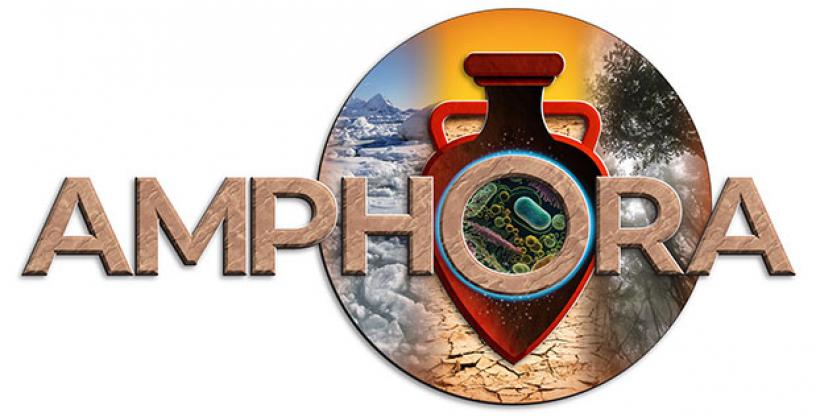
AMPHORA aims to improve preservation of samples needed to develop, test therapeutics’ efficacy
Aug 8, 2023
Emerging infectious disease hotspots are expected to increase globally within the next 50 years.1 Lab-based testing technology has advanced, but agnostic sample preservation still relies on refrigerated transport that can be difficult to acquire and is often unreliable in remote, austere, and contested environments. Consequently, samples critical to force health protection can be significantly degraded upon lab receipt.
The Assured Microbial Preservation in Harsh Or Remote Areas (AMPHORA) program aims to dissociate sample preservation from cold chains, enabling storage and maintaining viability in austere and remote environments. Performer-developed systems will seek to stabilize a broad range of bacteria, fungi, and viruses, preserving multiple samples in parallel, and ensuring samples are compatible with current laboratory practices. These preservation systems will be rigorously tested using manufactured and real-world samples to demonstrate real-world capability and generalizability.
“AMPHORA is designed to preserve the viability and physical properties of any microbe, from any sample, rapidly and maintain that viability in any environment for greater than two months,” said Dr. Tiffany Prest, AMPHORA program manager. “If successful, this effort will aid researchers in forensic analysis and development of targeted therapeutics, as well as increase awareness of emerging threats to support force health protection and readiness.”
AMPHORA will comprise two 18-month phases. Phase I will focus on tech generation and benchtop demonstrations with an end-of-phase down-select. Phase II will focus on system integration, increasing sample complexity, preservation time, and number of microorganisms to be preserved. Phase II performers will also develop a portable prototype to test on real-world, transition partner samples.
AMPHORA performers will engage with U.S. government and defense stakeholders, as well as appropriate regulatory authorities, to ensure safety and efficacy. Systems will be held to current International Air Transport Association Infectious Substances Shipping Regulations (IATA-ISSR) for safe transport of live microorganisms.
A Broad Agency Announcement solicitation with all program details and instructions for submitting proposals is available on SAM.gov.
[1] Carlson et al., 2022. Climate change increases cross-species transmission risk. Nature; 607, 555-562. pubmed.ncbi.nlm.nih.gov/35483403/
